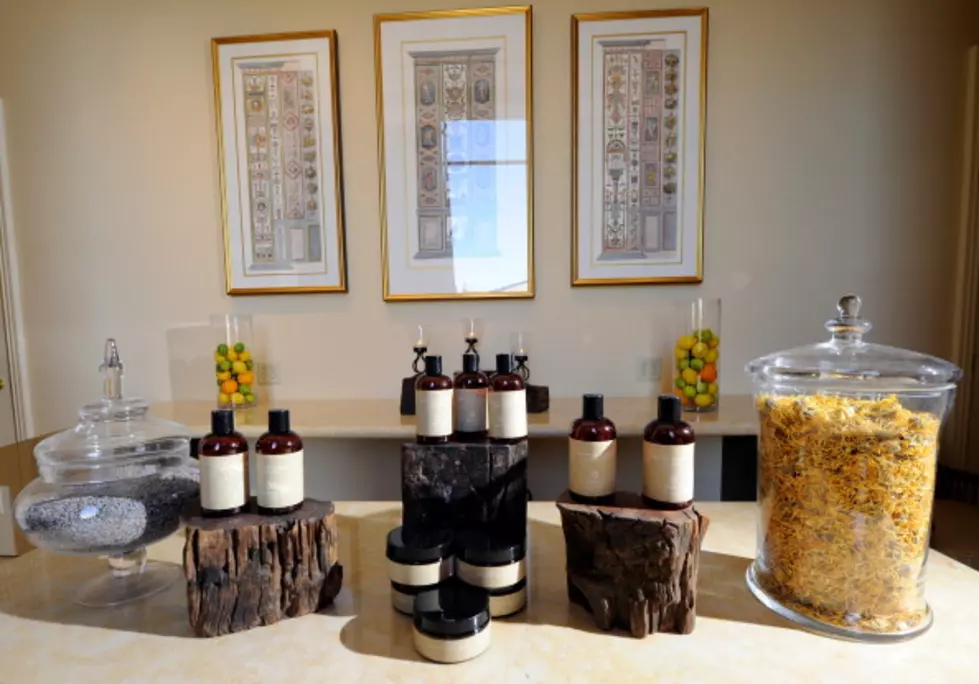
How Safe Are Essential Oils? Find Out!
Aromatherapy, or better known as the use of essential oils, may seem like this great new thing but it’s really been around for many, many years. Even during World War 1 it was used to treat soldiers. For the most part it’s a safe practice... but it depends.
The thing about essential oils is the more pure it is the better.
Essential oils can be diffused, applied directly to the skin, inhaled, or in very slim cases taken orally. If taken orally it should only be under the direction of a professional; these oils are extremely concentrated. According to the National Center for Biotechnology, 220 pounds of lavender flowers creates about 1 pound of lavender essential oil.
In theory, essential oils produce results because of binding of chemical components in the essential oil to receptors in the olfactory bulb which affects the brain’s emotional center, according to the National Cancer Institute. Experts also believe that our sense of smell and hormones in the blood have to do with how essential oils work in our body, most commonly impacting the brain.
The FDA does not regulate this and no laws or licensing is needed for aromatherapy. Just because it is natural doesn’t mean you should not treat it like a drug that could either heal you or harm you. There are safety regulations, but when used as it is intended minimal risk is involved.
Preclinical studies have shown that essential oils can have antiviral, antibacterial, and anti-fungal properties, as well as calming and energizing. Clinical studies have shown a lot of mixed results with some improved, and some with no difference. In one study smelling orange slices gave better results than inhaling orange essential oil.
Since scientific evidence is not completely clear on the safety of using essential oils, they are not completely accepted by the health care field. But according to Oxford Journals, some hospitals use essential oils for physical and psychological reasons.





